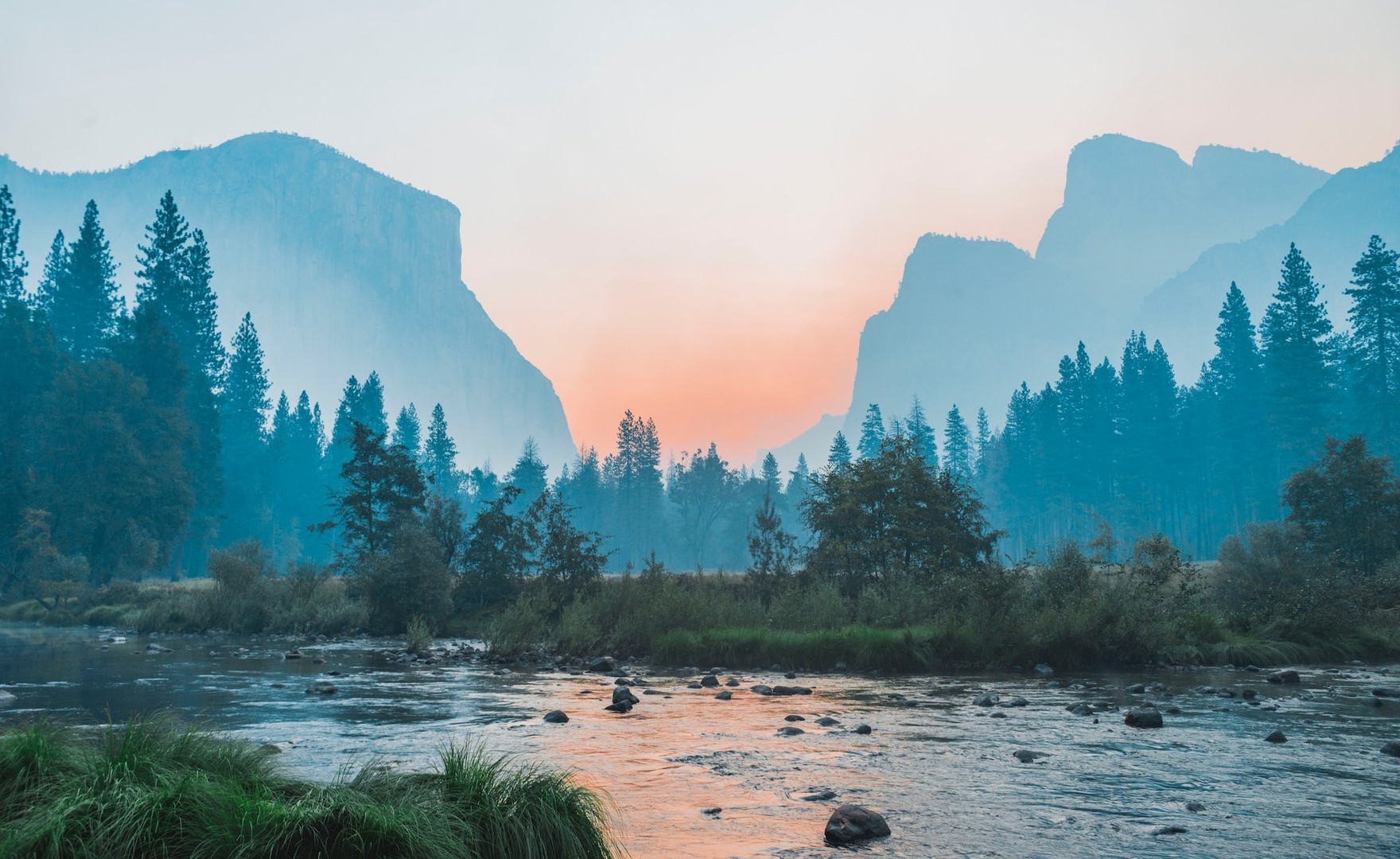Article
Why do we undervalue management as a skill?
2nd May 2024 by Karen Smart
British managers are being held back by some employers. Held back by a lack of investment in proper training and…

There’s a reason comedians refer to ‘dying’ on stage.
In my previous career, feeling creatively stifled and aiming to improve my confidence with public speaking, I hit London’s standup comedy circuit for a little while.
A few times, with the spotlight very much on me, I performed my routine of jokes to a front row of stone-faced, arms-crossed and very much not-laughing people. It was so painful at the time. And also a valuable experience in my adult development.
If a comedian always fears dying on stage, they will always be restricted, constricted, directed by that fear.
If a coach always fears not delivering value, not ‘moving the client on’, getting it wrong or not arriving at an outcome, they will always be restricted, constricted, directed by that fear.
They will always be tempted to move out of a coaching mindset. And perhaps revert to well-trodden behaviours of advice giving, leading, rescuing or solutionising.
I don’t think coaching clients want to work with someone who plays it safe. Who constricts. Who is motivated primarily by fear.
Some of the most important moments in my coaching journey have been the times when I’ve ‘died on stage’ - finding myself totally lost, insecure, words drying up, nothing ‘clever’ to ask or say. Or hearing from a client that the session wasn’t helpful.
The thing which I’d feared the most had happened - and didn’t hurt me. Indeed, it was a tool to keep improving, or a crucible to pass through towards deeper confidence and expertise.
Pulsing through my consciousness in recent mentor coaching and supervision has been this lyric, this invitation, from John Lennon in ‘Tomorrow Never Knows’.
It came to him via the literature of the psychedelic movement of the 1960s, but has deeper connections to the Tibetan Book of the Dead. Much like Tim Gallwey, from whose work so much of executive coaching theory stems, the Beatles explored meditation in India and applied it creatively to the work they were doing.
As a coach, there is so much to love about ‘Tomorrow Never Knows’. I recommend getting it on and giving it a listen.
And… ethically? As unfolds in the song, ‘that love is all, that love is everyone. It is knowing’. It takes me to my recent conversation with Robin Shohet, where he suggested that ethics come from a place of love. Of loving. Not of fear or fearing.
I see many coaches working so hard in the session. Working way harder than your clients. Tying yourselves in knots trying to word the perfect question and to diagnose and to elaborately fix.
Perhaps driven by a need or desire to control. To get somewhere. To force, or lead. Perhaps beholden to your perception of competencies as rules that you must follow to do really ‘good’ coaching.
Linking beautifully with the river metaphor is this notion, popularised in Gestalt therapy of the 1970s:
‘don’t push the river - it flows by itself’
Instead of trying to push the river - and guide your client’s energy - to a place where you think they should go. What if you just let go for a while. Followed their energy. Their flow. If you floated downstream with them.
Like a spring, buried in a deep, dark mountain perhaps, your client’s energy, their know-how, their resourcefulness doesn’t need to be cajoled or forced. In the spirit of Carl Rogers, it just need the right environment to trickle and tumble, to flow, to gush out, to roar.
Photo by Bailey Zindel on Unsplash
A big thank you to coach and AoEC Faculty member - George Warren. You can check out his latest reflections and articles which are shared via the Edge of Coaching and Slowing Down newsletters and tune into his informative and engaging podcast series - the Edge of Coaching here.
Article
2nd May 2024 by Karen Smart
British managers are being held back by some employers. Held back by a lack of investment in proper training and…
Other
26th April 2024
Graduate Emily Mason on how doing the Practitioner Diploma in Executive Coaching has transformed her life...
Article
22nd April 2024 by Lee Robertson
Speed and productivity are key in today’s workplace, but could HR professionals make more use of tools such as energy…